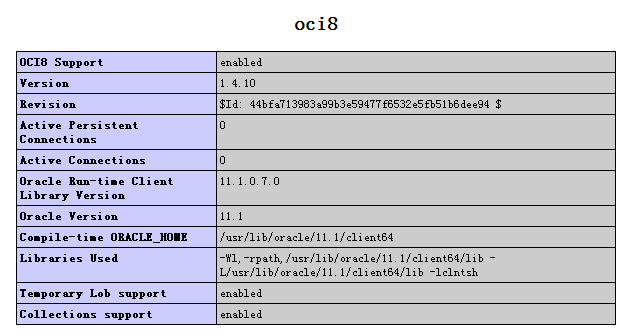|
|
The define() function defines a constant.
define()函數(shù)的作用是:定義一個(gè)常量。
Constants are much like variables, except for the following differences:
常量[constant]與變量[variable]有很多相似的地方,因此,很容易混淆;下面,我們列舉一下常量[constant]與變量[variable]之間的不同點(diǎn):
A constant's value cannot be changed after it is set
一個(gè)常量值在指定之后就不可以更改;
Constant names do not need a leading dollar sign ($)
設(shè)置常量時(shí),不需要在前面加上“$”符號(hào);
Constants can be accessed regardless of scope
常量可以被所有范圍的域訪問(wèn);
Constant values can only be strings and numbers
常量的值只能是“字符串[string]”和“數(shù)字[number]”;
Syntax
語(yǔ)法
define(name,value,case_insensitive)
| Parameter 參數(shù) | Description 描述 |
|---|---|
| name | Required. Specifies the name of the constant 必要參數(shù)。指定常量的名稱(chēng) |
| value | Required. Specifies the value of the constant 必要參數(shù)。指定常量的值 |
| case_insensitive | Optional. Specifies whether the constant name should be case-insensitive. If set to TRUE, the constant will be case-insensitive. Default is FALSE (case-sensitive) 可選參數(shù)。指定常量的名稱(chēng)是否是不區(qū)分大小寫(xiě)的[case-insensitive]。如果設(shè)置為T(mén)rue,則不區(qū)分字母大小寫(xiě);如果設(shè)置為False,則區(qū)分字母大小寫(xiě)。默認(rèn)值是:False |
Example 1
案例1
Define a case-sensitive constant:
指定一個(gè)常量(區(qū)分大小寫(xiě)):
復(fù)制代碼 代碼如下:
<?phpdefine("GREETING","Hello you! How are you today?");echo constant("GREETING");?>
The output of the code above will be:
上述代碼將輸出下面的結(jié)果:
復(fù)制代碼 代碼如下:
Hello you! How are you today?
Example 2
案例2
Define a case-insensitive constant:
指定一個(gè)常量(不區(qū)分大小寫(xiě)):
復(fù)制代碼 代碼如下:
<?phpdefine("GREETING","Hello you! How are you today?",TRUE);echo constant("greeting");?>
The output of the code above will be:
上述代碼將輸出下面的結(jié)果:
復(fù)制代碼 代碼如下:
Hello you! How are you today?
The defined() function checks whether a constant exists.
defined()函數(shù)的作用是:檢查一個(gè)常量是否存在。
Returns TRUE if the constant exists, or FALSE otherwise.
如果該常量存在,則返回True;如果不存在,則返回False。
Syntax
語(yǔ)法
復(fù)制代碼 代碼如下:
defined(name)
| Parameter 參數(shù) | Description 描述 |
|---|---|
| name | Required. Specifies the name of the constant to check 必要參數(shù)。指定常量對(duì)象的名稱(chēng) |
Example
案例
復(fù)制代碼 代碼如下:
<?phpdefine("GREETING","Hello you! How are you today?");echo defined("GREETING");?>
The output of the code above will be:
上述代碼將輸出下面的結(jié)果:
1
php技術(shù):探討php define()函數(shù)及defined()函數(shù)使用詳解,轉(zhuǎn)載需保留來(lái)源!
鄭重聲明:本文版權(quán)歸原作者所有,轉(zhuǎn)載文章僅為傳播更多信息之目的,如作者信息標(biāo)記有誤,請(qǐng)第一時(shí)間聯(lián)系我們修改或刪除,多謝。



